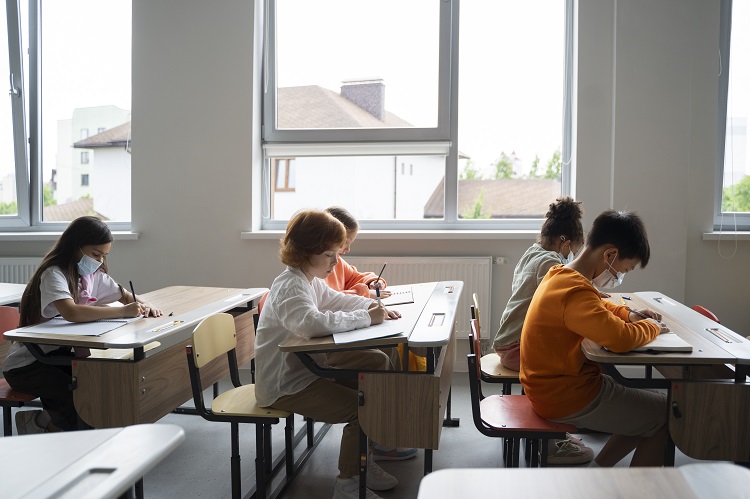 English
English ภาษาไทย
ภาษาไทย
What is boarding school in Thailand like?
Boarding school in Thailand typically offer a unique educational experience where students reside on campus and receive both academic instruction and accommodation. Here are some key aspects of boarding schools in Thailand
Education System
Boarding school in Thailand usually follow the Thai education system, which consists of three levels: primary, secondary, and tertiary education. The curriculum often emphasizes core subjects like mathematics, science, Thai language, English, and social studies. Additionally, schools may offer extracurricular activities such as arts, sports, music, and foreign language classes.
Facilities
Boarding school in Thailand generally have well-equipped facilities to support students' academic and personal development. These facilities may include classrooms, libraries, science laboratories, computer labs, sports fields, swimming pools, dormitories, dining halls, and recreational areas.
Residential Life
Boarding school provide on-campus accommodation for students, allowing them to live and study in a structured environment. The living arrangements can vary, ranging from shared rooms to individual dormitories. Students are typically supervised by residential staff or housemasters/mistresses who oversee their well-being and enforce discipline. Boarding schools aim to create a sense of community, fostering social interactions and encouraging students to develop independence, responsibility, and teamwork.
Routine and Schedule
Boarding school in Thailand follow a structured daily schedule that balances academic pursuits, extracurricular activities, and personal time. This routine ensures that students maintain a healthy balance between their studies, recreational activities, and rest.
Cultural and Character Development
Thai boarding school often emphasize the development of cultural values and character building alongside academic education. Students may participate in cultural activities, religious ceremonies, and community service programs to enhance their understanding of Thai traditions, customs, and moral values.
Discipline and Rules
Boarding school in Thailand typically have a strict code of conduct and discipline to maintain a conducive learning environment. Rules and regulations may cover aspects such as uniform policies, curfew times, study hours, personal conduct, and respect for others.
Parent Involvement
Although students reside on campus, boarding school in Thailand encourage parental involvement and maintain regular communication with parents or guardians. They often organize parent-teacher meetings, progress reports, and events where parents can interact with teachers and administrators.
Exam Preparation
Many boarding schools in Thailand prioritize academic excellence and place importance on preparing students for national examinations such as the Ordinary National Educational Test (O-NET) and university entrance exams. Schools may offer additional resources and support, including study groups, exam-focused classes, and counseling to help students excel in their exams.
It's important to note that specific details may vary among different boarding school in Thailand. It is advisable to research individual schools to gain a better understanding of their unique offerings, admission requirements, and specific educational approaches.


